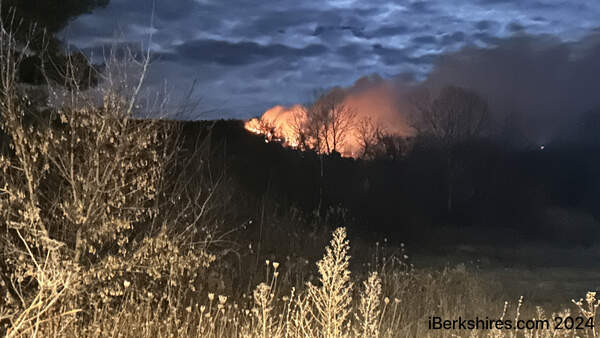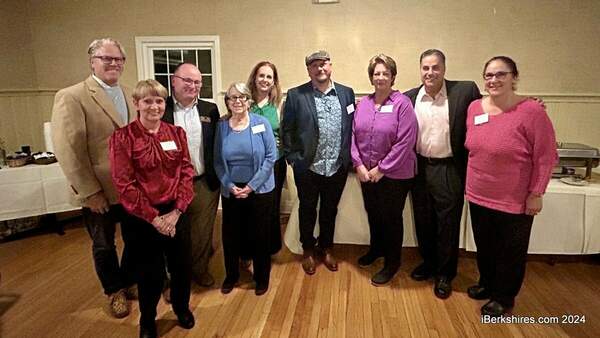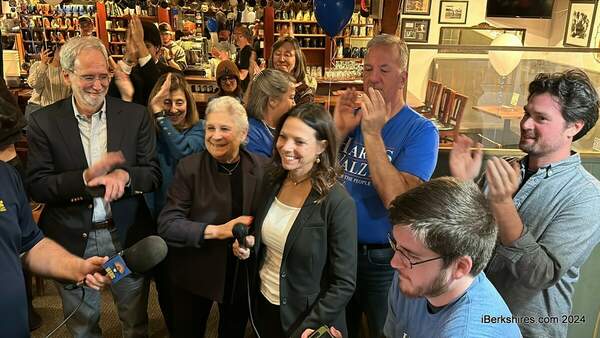BOSTON — The Trustees of Reservations (The Trustees) Archives & Research Center has received a grant for over $344,819 from the National Endowment for the Humanities (NEH) to support a project called "A Tale of Two Communities in Two Centuries."
This two-year initiative will process, conserve, and digitize two sets of archives currently inaccessible in The Trustees' collections: the Colonel John Ashley Papers (1755-1818), and the archives of the Boston Natural Areas Network (1977-2014) that includes over 50 Boston Community Gardens.
"Spaced nearly two centuries apart and at geographically opposite ends of the state, these collections hold powerful opportunities for revealing populations at pivotal moments in Massachusetts history, offering primary accounts of some of Massachusetts' most under-represented residents – often women, people of color, or those who are economically disadvantaged," said Alison Bassett, Manager of The Trustees' Archives & Research Center. "We are appreciative of the NEH's support for this project, which will provide public access to both of these archives for the first time."
The NEH funds will support the conservation and digitization of three account books from the Colonel Ashley Papers, a project archivist to process non-photographic materials from both collections, a project photo cataloguer to process photographic and other audio-visual material, and the digitization of over 35,000 35mm slides and photos. The account books are of interest to researchers because not only do they document customer activity from Ashley's businesses, they also give a record of who lived in or near Sheffield at the time, including enslaved and formerly enslaved individuals.
The Ashley House (1735) in Sheffield is the earliest surviving house in Berkshire County and was the home of John and Hannah Ashley. Today, the house is one of the 123 properties under the care and management of The Trustees of Reservations.
According to a press release:
Colonel John Ashley (1709-1802) was one of the wealthiest and perhaps the most influential early settler in the area where he owned a grist mill, cider mill, and ironworks. He was one of the authors of the Sheffield Resolves, a series of resolutions proclaiming the rights of Englishmen in relation to the English crown, the rights of Americans and their grievances including the familiar "taxation without representation." He and his family were central to a legal drama that contributed significantly to the end of slavery in Massachusetts. In 1781, Ashley's female slave, Bett, and another slave, Brom, sued Colonial Ashley for their freedom under the new 1780 state constitution. When Bett successfully won her freedom in the legal case, she took the name Elizabeth Freeman, and worked as a paid employee for her lawyer's family until her death in 1829.
| If you would like to contribute information on this article, contact us at info@iberkshires.com. |















